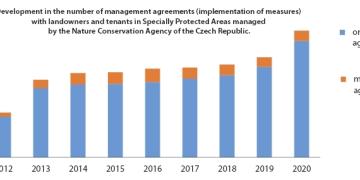Use of the Organic-Based System of Rice Intensification as the preferred protocol for rice cultivation
Training on use of locally available raw materials to manufacture organic inputs and amendments
Build from the Bottom Up
Simultaneous Solution Finding for All Components of the Value Chain in a Holistic Approach
Creation of a Mission and Vision by Members
Collaboration with any and all Private and Public Organizations who share the same concern for health, environment and the welfare of farmers and their communities
